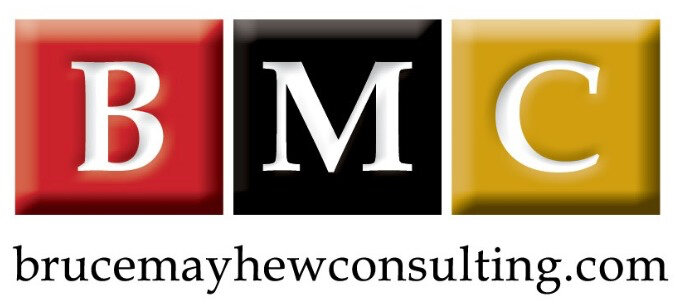How To Run Effective Meetings / Meeting Management Training Course
When we think about it, the true cost of a one-hour meeting is staggering.
Meeting Management training teaches participants 10 meeting management best practices about how to prepare for and lead efficient and effective meetings. In addition participants learn how they can best contribute to meetings they are invited to attend.
BMC's interactive 'How To Run Effective Meetings’ training has two parts:
Participants are led through brainstorming exercises where they examine their own ideas about how to lead and participate in effective meetings.
BMC shares proven meeting management best practices.
Meeting Management Training Overview (onsite 4-hour training or customized events)
Our training focuses on the following two meeting management priority sections. We also offer customization that can include priorities listed within the ‘Additional Meeting Management Training Priorities’ section below.
Training Participants Collectively Examine:
The key responsibilities of the Chair before, during and after the meeting
The key responsibilities of Attendees before, during and after the meeting
What makes great meetings?
What causes ineffective meetings?
BMC Shares 11 Meeting Management Best Practices On How To:
Plan for maximum efficiency and effectiveness:
Begin with a purpose: Up to 3 main goals / specific goals
Are you expectations to ‘Inform’ or to ‘Decide’?
Don’t meet about abstract topics - if you need a brainstorming session, book one of those
Leading Meetings:
Leader as Coach
Leading from behind
Manage expectations by creating a clear meeting agenda
Structure your invitation so you can communicate your meeting expectations and how they should prepare:
Now your agenda is done determine who to invite and why (don’t waste peoples time)
Send reading materials in advance (with a note on what exactly to read)
Outline what information everyone should share when giving a program update:
S.W.O.T.
Encourage of a positive approach – for everyone:
Ask participants to agree to feel safe and share / listen
Use positive language versus negative language
Practice ‘Appreciative Inquiry’ when exploring ideas
Manage disruptions:
Negotiating: Managing Conflict & Reaching Consensus
Stay focused on your goals
Manage pontificators
Start and stop meetings on schedule:
Do not penalize people who arrive on time
Set a timer 5 minutes before the end (summarize decisions, next steps and responsibilities)
Encourage participation and decisions:
Why the Chair should talk last
Use a parking lot:
A place for good ideas disconnected to you 3 main goals
Take and share effective meeting minutes to increase outcome & accountability:
Recap decisions, action items and responsibilities
Additional Meeting Management Training Priorities:
Identify who to invite, who not to invite and why.
When appropriate let others manage the meeting. This helps them build their meeting skills, and realize the importance of being respectful, active participants.
Identify strategies for managing difficult behaviors in meetings.
Confirm your smartphone / tablet policy. Suggestion; turned off and off the table.
How to get a meeting back on topic – back on agenda.
Consider electronic options for remote participants.
Who Should Attend?
All business professionals who want to be more confident and effective when they hold or participate in meetings.
Toronto based Bruce Mayhew Consulting business training supports your entire team.
Related Soft Skills Training Workshops That Drive Business Success
Toronto corporate trainer Bruce Mayhew Consulting offers Generational Differences training and many other business etiquette courses & soft skills training solutions. We create customized professional development courses at our Canadian management central office in Toronto.
If you would like to learn more about how you and your organization can benefit from our soft skills training or other communication skills courses call us at 416.617.0462.



